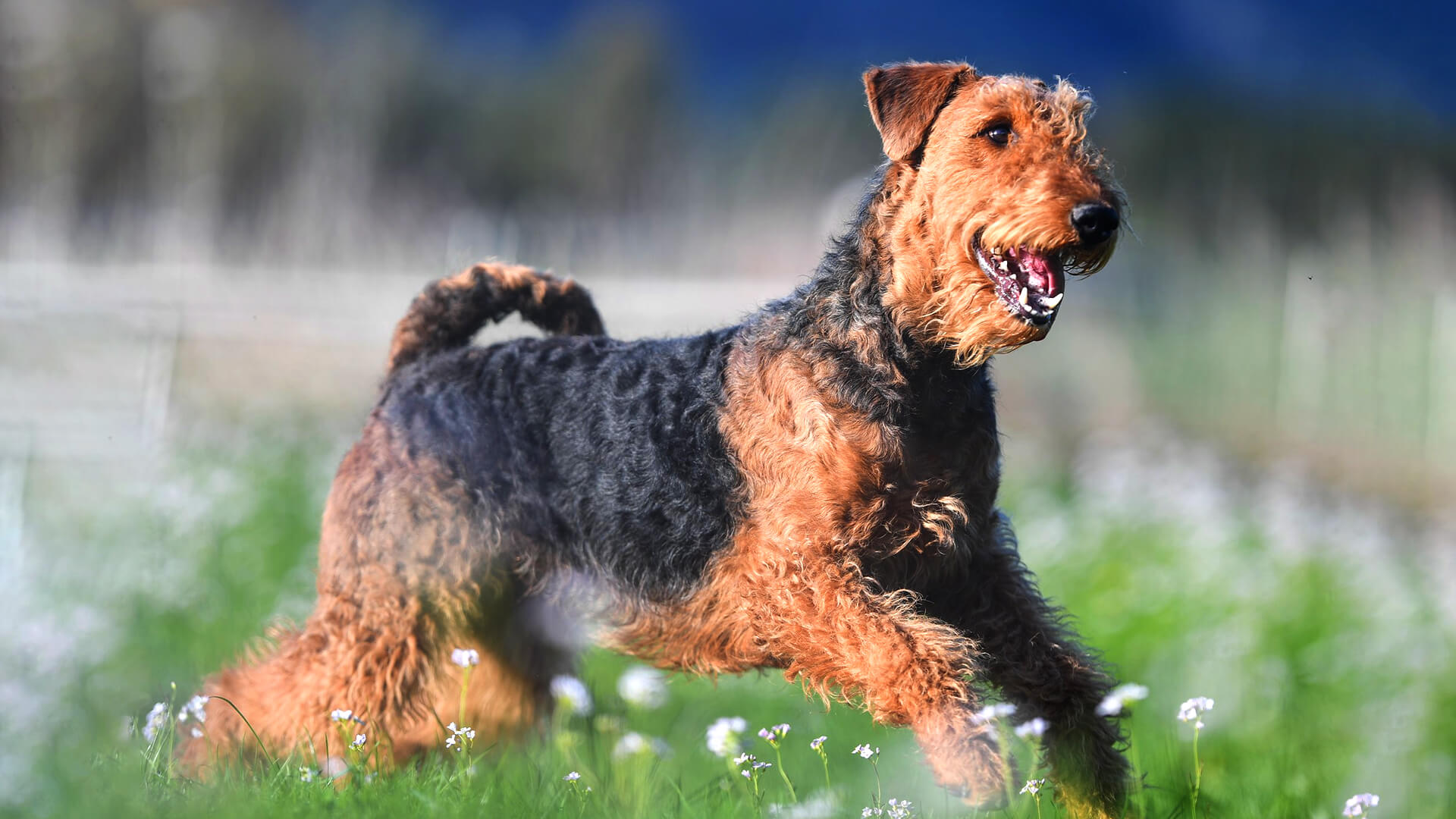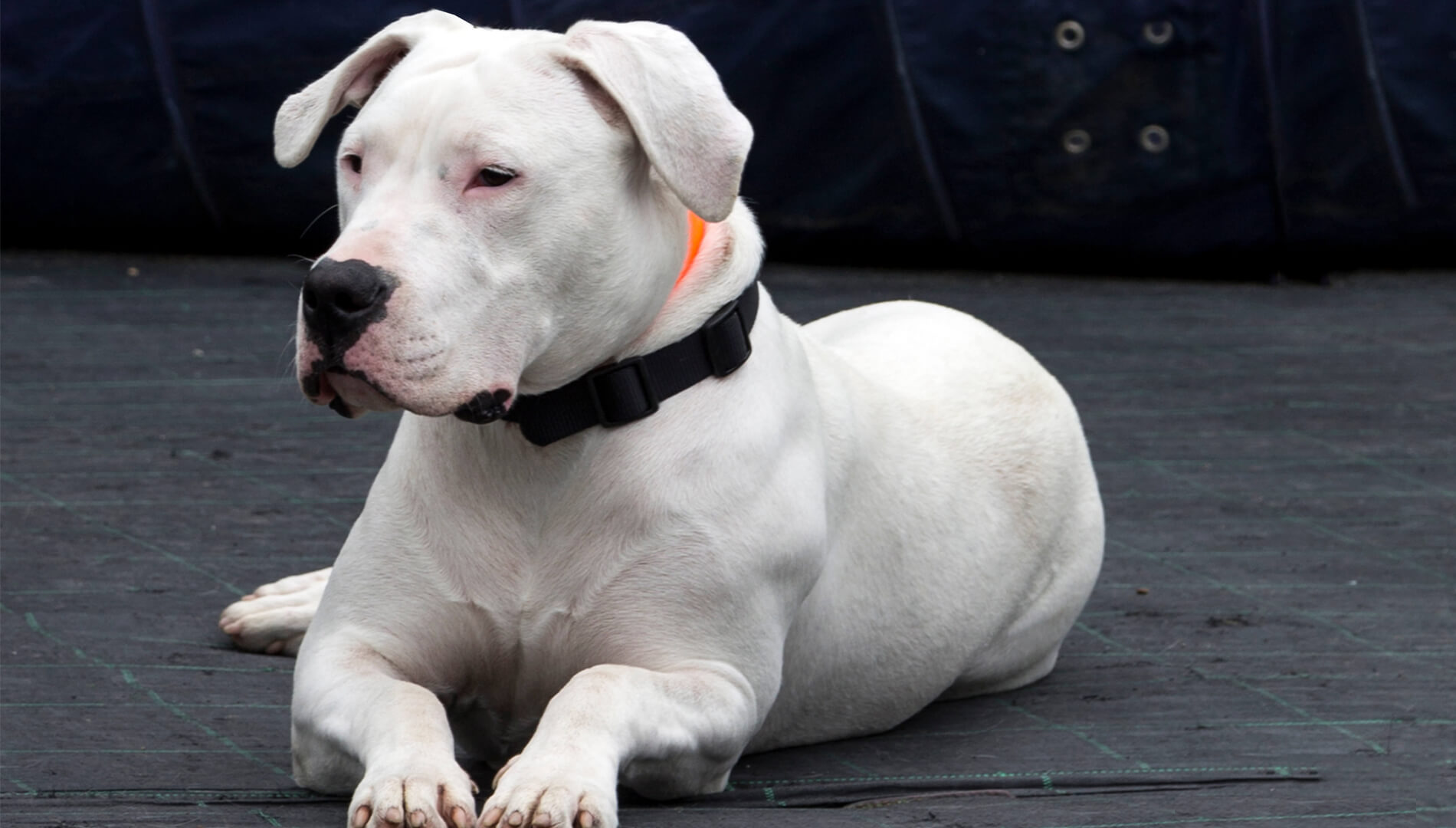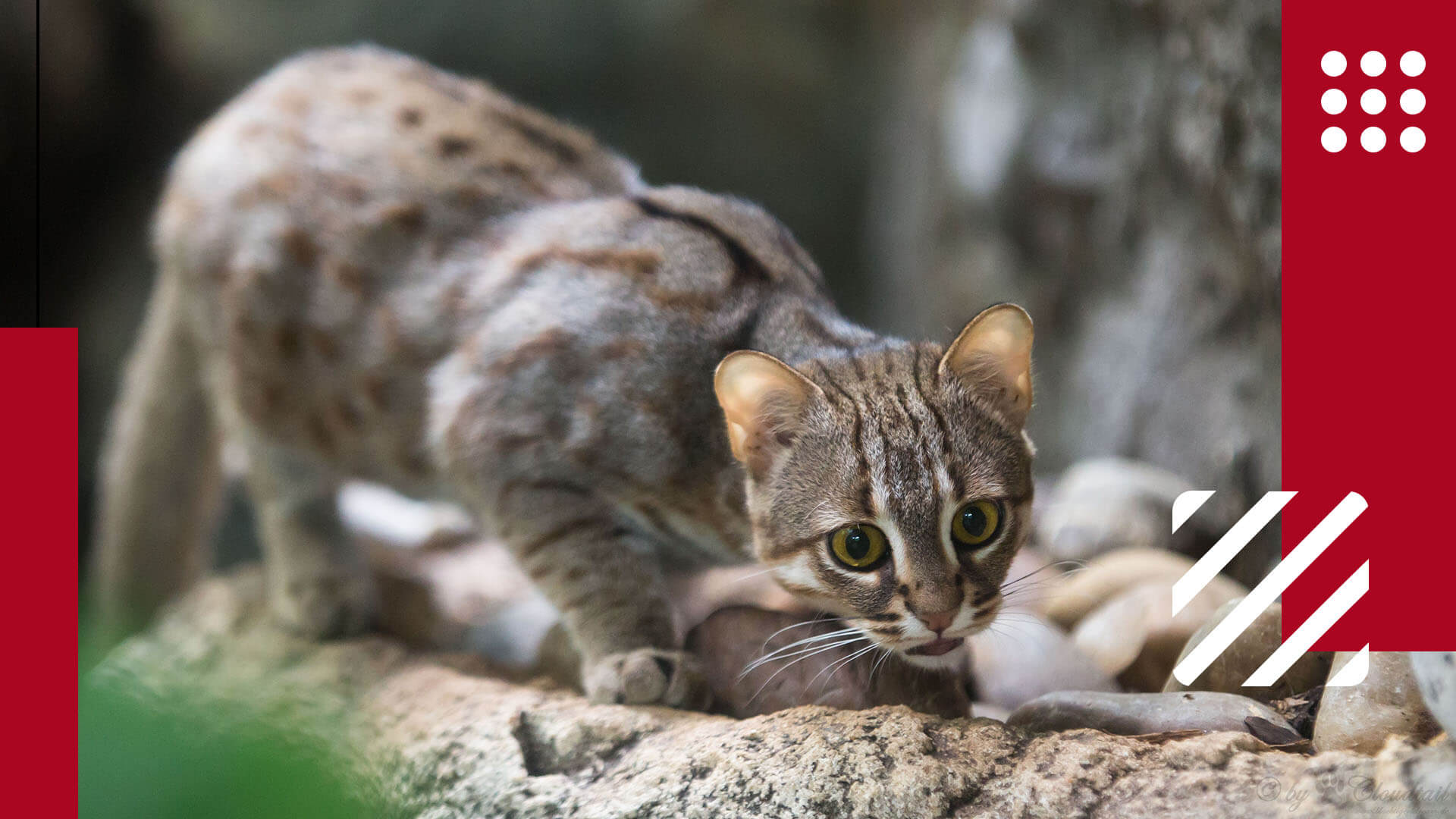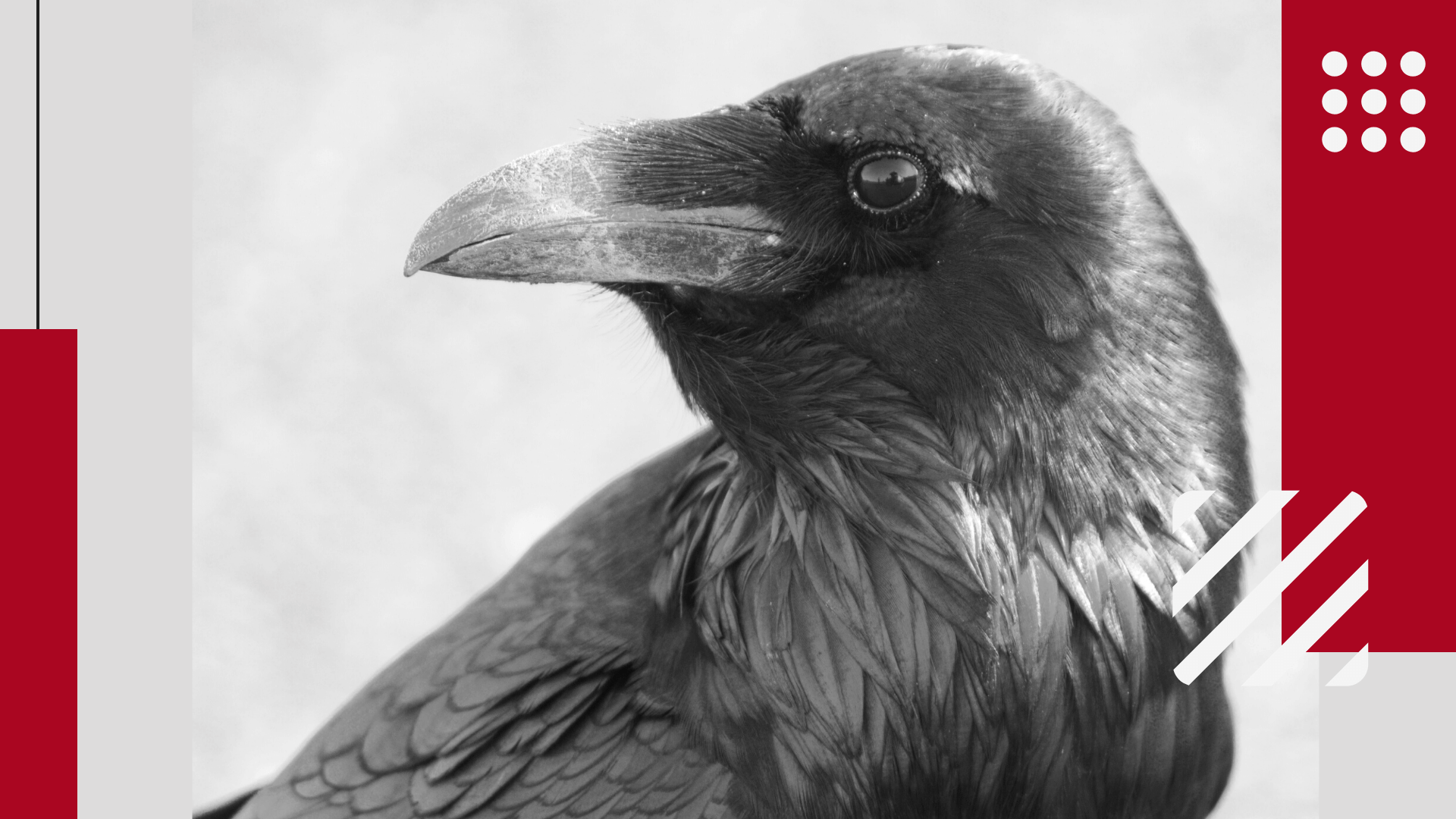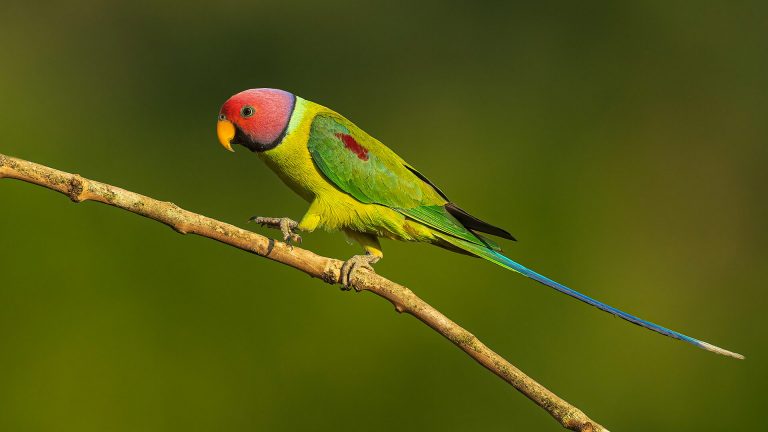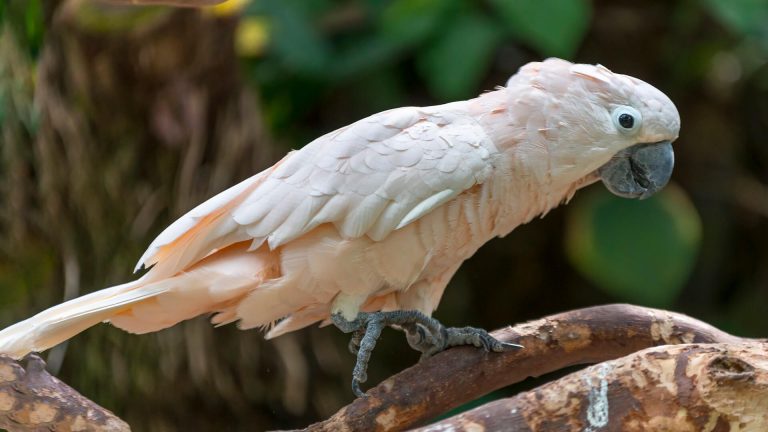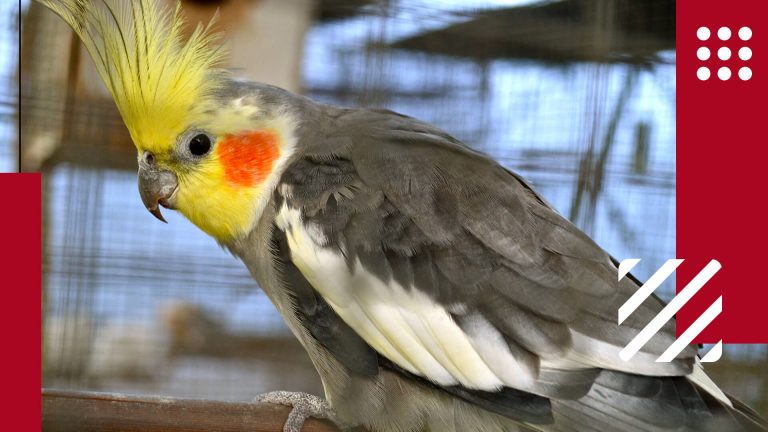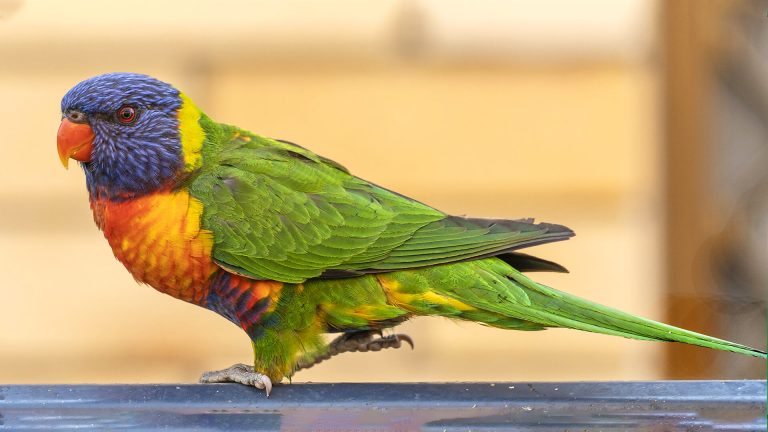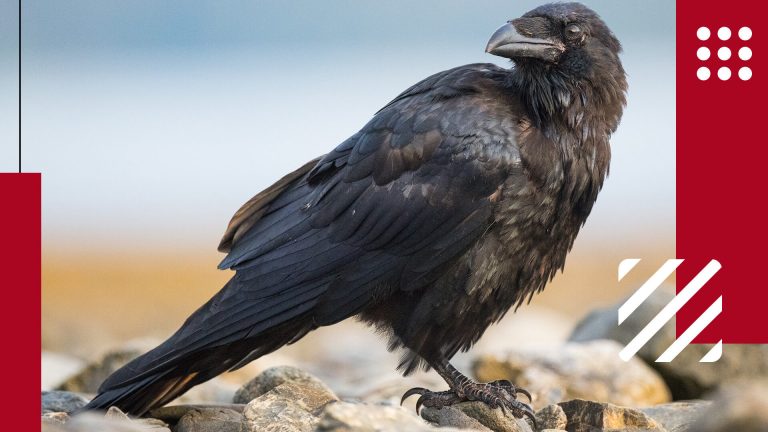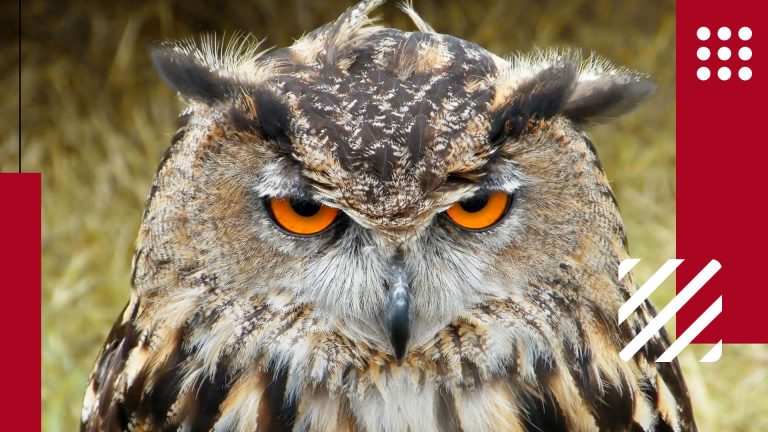Covered in different shades of green, the military macaw is a beautiful bird that instantly catches all the eyes around it. They are an endangered species making them expensive and rare. While in some places it is illegal to trade them, in others one would need a permit or a license. Undoubtedly, they are not easy to get but having them as a pet is really worth it.
They are social, friendly, and relatively easier to train compared to other macaws. They tend to be quieter than other macaws but still make sounds. Like any other parrot, they mimic sounds and shout to let everyone know that it’s morning. This makes them unsuitable for keeping in apartments.
Native to Central America and South America, there are two sub-species of military macaw - the Mexican military macaw and the Bolivian military macaw. Some of them can be found living in arid lands and dry forests while some others prefer to live in humid areas. Military macaws are generally preferred for shows as they are quick to learn new tricks and are a beauty.
However, they make a good pet for home as well. They are not very high-maintenance but they need proper care. Frequent interaction is also a must. Apart from this, this article covers various other things one needs to know before adopting a military macaw.
Distinctive Features of Military Macaw
| Scientific Name | Ara militaris |
| Lifespan | Up to 60 years |
| Color | Mostly green with red forehead and blue wings |
| Size | Up to 35 inches |
| Weight | 900-1,100 grams |
| Health Risk | Low |
| Cage Size | Minimum 36" x 48" x 60" |
| Unique Trait | Striking green plumage with vibrant colors |
| Famous For | Beautiful appearance and trainable nature |
| Temperament | Intelligent, social, and playful |
| Maintenance | Low |
| Adaptability | Moderate |
| Behavior | Vocal, active, and enjoys interactive play |
| Personality | Affectionate, mischievous, and highly trainable |
| Social | Social, forms strong bonds with their owners and other birds |
Military macaws are appreciably well-mannered and pleasant if trained and socialized well. If they are happy, they are one of the best pet birds anyone can have.
Now that the basic characteristics have been covered, here are some other noteworthy features of these rare and beautiful military macaws.
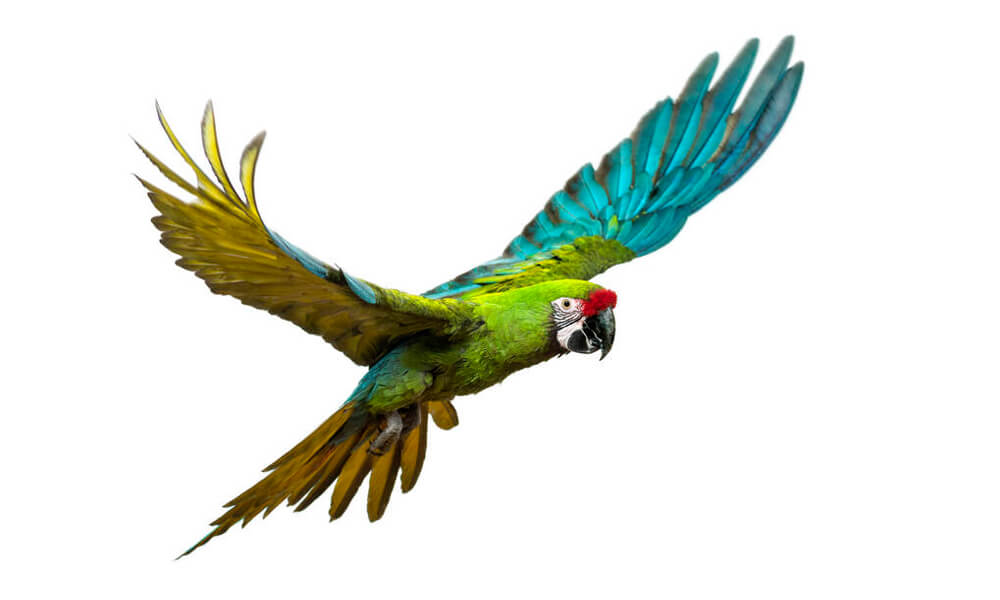
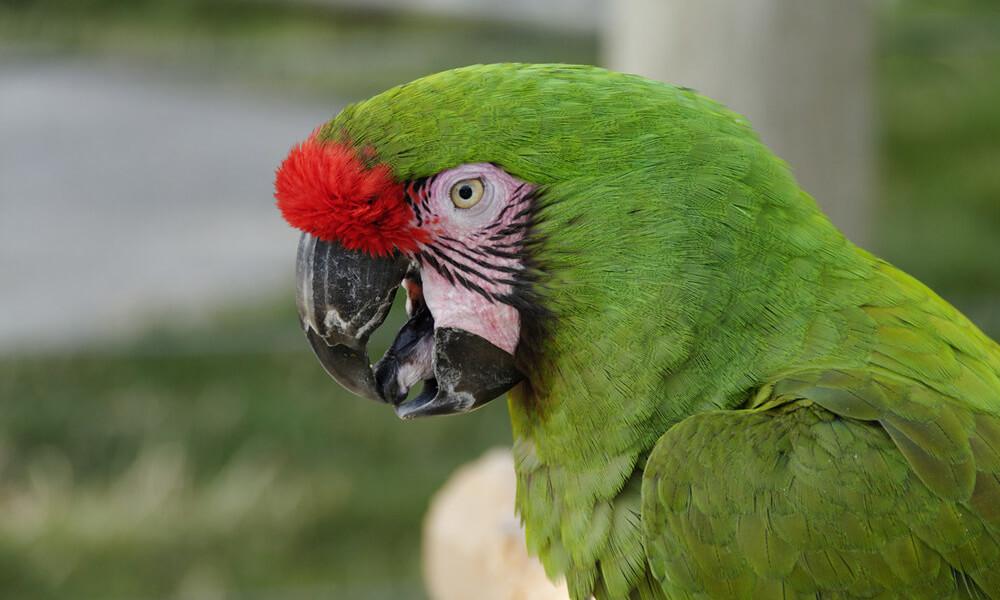
How to Take Care of a Pet Military Macaw?
Though not very difficult to care for, military macaws would still need proper attention. The first thing to note is that these birds are very active and love to interact. They consider their owner as their friend and would desire to have their company as much as possible. Otherwise, they may feel alone and frustrated. Apart from that, they need a considerable amount of exercise regularly. They should be allowed to play outside the cage for at least 2 to 4 hours every day.
In their natural habitat, they tend to fly for hundreds of miles on daily basis. So, their body is built in a way that they need to channel their energy in one way or the other. As for the grooming part, bathing the pet parrot regularly and letting them dry their feathers in the sun is good enough.
How to Setup a Cage for Pet Military Macaw?
Military macaws are large in size and would need more space to be comfortable enough. The size of the cage should be no less than 36 inches x 48 inches x 60 inches. This is the bare minimum though. It is always suggested to take as larger as possible. The cage should include perches for the parrot to stay upon. Additionally, some toys can be added to keep them busy when inside the cage.
Since they have strong beaks, it must be ensured that the cage is made up of a material strong enough to survive their attacks. Adding wood pieces for them to chew is also a good idea. Cleanliness and hygiene are other important factors one needs to consider. Their cage should be cleaned regularly. The floor of the cage should be washed once a month while the toys and other materials should be cleaned weekly. Furthermore, the whole system should be sanitized once a year to prevent any sort of infections and diseases.
What to Feed a Pet Military Macaw?
A healthy diet is of utmost importance for the military macaw to stay well. They should be fed high-quality seeds and pellets along with berries, nuts, fresh vegetables, and fruits. A small amount of protein should be added to their meals once in a while. They can also share the normal meals eaten by the people. However, the quantity should be small. Also, a few things like chocolates and avocados should be avoided as they can be toxic for a bird.
Before feeding anything, make sure to know if it’s safe for the pet macaw. As for the frequency and amount, they should be provided with around a half cup of pellet and half cup of fruits and vegetables every day. The food should be given just after they wake up in the morning or before they go to sleep in the evening. Any leftovers should be removed from the cage to maintain hygiene.
Grooming & Hygiene Needs of Pet Military Macaw
Proper grooming and hygiene practices are important for the well-being of pet military macaws. Here are some key aspects to consider when it comes to grooming and maintaining their hygiene:
- Feather Care: Military macaws have beautiful and vibrant feathers that require regular attention. Regularly check their feathers for signs of damage, breakage, or abnormal growth. You can gently trim any overgrown feathers to prevent them from getting tangled or causing discomfort to the bird. Additionally, providing regular baths or misting the bird with water can help keep their feathers clean and healthy.
- Nail Trimming: Macaws, including military macaws, have sharp and strong claws that can grow long if not properly maintained. Regularly check their nails and trim them if necessary to prevent overgrowth, which can lead to discomfort or injury. It is recommended to use proper bird nail clippers and be cautious not to cut into the quick, which is the blood vessel inside the nail.
- Beak Care: The beak of a military macaw is a vital part of their anatomy and should be inspected regularly. Natural beak maintenance occurs through chewing and playing with appropriate toys. However, you can also provide safe chew toys and branches to help keep their beak in good condition. If you notice any abnormalities, such as overgrowth or cracking, consult a veterinarian for guidance.
- Bathing: Military macaws enjoy bathing and it is important for their overall hygiene. You can offer them shallow bowls of water or use a spray bottle to mist them with lukewarm water. Regular bathing helps to keep their feathers clean, remove dust, and maintain the health of their skin.
- Cage Cleaning: Regularly clean and sanitize the macaw's cage to maintain a clean living environment. Remove droppings, uneaten food, and replace soiled bedding or lining. Ensure that the cage is spacious enough for the macaw to move around comfortably and provide perches of various sizes and textures to promote foot health.
- Dental Care: Though not as common as in other pets, dental health is still important for military macaws. Monitor their beak for any signs of abnormal wear or damage. Providing appropriate chew toys or items that promote natural chewing behavior can help maintain their dental health.
What are the Health Concerns for Pet Military Macaw?
Macaws, including military macaws, can be susceptible to various diseases and health problems. It is important for owners to be aware of these conditions and take appropriate measures to prevent and treat them. Some common diseases and health issues seen in macaws include:
- Psittacosis: This is a bacterial infection that can affect the respiratory system of macaws. It can cause symptoms like difficulty breathing, nasal discharge, and lethargy.
- Beak malformations: Improper diet and lack of essential nutrients can lead to beak malformations in macaws. This can cause difficulty in eating and can be a sign of underlying health issues.
- Macaw wasting syndrome: This is a condition characterized by weight loss, muscle wasting, and overall weakness in macaws. It can be caused by various factors including viral or bacterial infections, nutritional deficiencies, or immune system disorders.
- Oral and cloacal papillomus: Papillomus is a viral infection that can affect the oral cavity and cloaca of macaws. It can cause the development of warts or growths in these areas, leading to discomfort and difficulty in eating or excreting.
- Bacterial, viral, and fungal infections: Macaws can be susceptible to various infections caused by bacteria, viruses, and fungi. These infections can affect different body systems and may present with a range of symptoms including respiratory issues, gastrointestinal problems, or skin abnormalities.
- Feather plucking: Feather plucking is a behavioral problem seen in macaws where they compulsively pull out their feathers. It can be caused by stress, boredom, or underlying health issues. Addressing the underlying cause is important to prevent further feather damage.
Early detection of health issues is crucial for timely treatment. If you notice any unusual changes in your military macaw's behavior, such as decreased energy, loss of appetite, feather plucking, or diarrhea, it is recommended to seek veterinary care. Regular veterinary check-ups are also important to monitor the bird's overall health and address any potential concerns before they escalate.
What it's Like to Keep Military Macaw as a Pet?
Here's what it's like keep Military Macaw as a pet:
- Military macaws have no feathers at the time of their birth. They develop it gradually. Along with it, they also become sexually mature by the age of two to four.
- They are generally more inclined towards a single individual or a single gender. However, this won't be an issue if they are socialized well from the beginning.
- These species love to have companions and stay in flocks when living in the wild. In captivity, their master becomes their friend and hence they seek their time and attention.
- Military macaws can also be a watch-bird for their owners as they tend to make a sound whenever they see a stranger or anything suspicious.
What People Are Reading:
Frequently Asked Questions about Pet Military Macaw
Here are some generally asked questions about Military Macaw:
Do Military Macaws make good pets?
Military macaws can make good pets for experienced bird owners who have the time, dedication, and resources to provide for their specific needs. They are intelligent, social, and can form strong bonds with their owners. However, they require a lot of attention, mental stimulation, and space to thrive. Potential owners should thoroughly research and understand the responsibilities of caring for a military macaw before considering them as pets.
Is it illegal to own a Military Macaw?
The legalities of owning a military macaw vary depending on the country and local regulations. In some places, military macaws may be protected under wildlife conservation laws, and owning them without proper permits or documentation may be illegal. It is important to check with local authorities or consult with avian experts to understand the specific laws and regulations regarding ownership of military macaws in your area.
Are Military Macaws rare?
Military macaws are not considered rare in terms of their overall population. They are one of the more common species of macaws found in their natural habitat. However, the population in the wild has faced threats from habitat loss, deforestation, and illegal capture for the pet trade. Conservation efforts are in place to protect and preserve their natural habitats.
How bad is a Macaw bite?
Macaws, including military macaws, have strong beaks designed to crack open nuts and chew through various materials. Their bites can be powerful and potentially cause injury. However, the severity of a macaw bite can vary depending on factors such as the bird's size, individual temperament, and the circumstances leading to the bite. It is important to handle macaws with care, respect their boundaries, and provide proper training and socialization to minimize the risk of bites. If bitten, it is advisable to seek medical attention, as macaw bites can puncture the skin and may require treatment to prevent infection.

